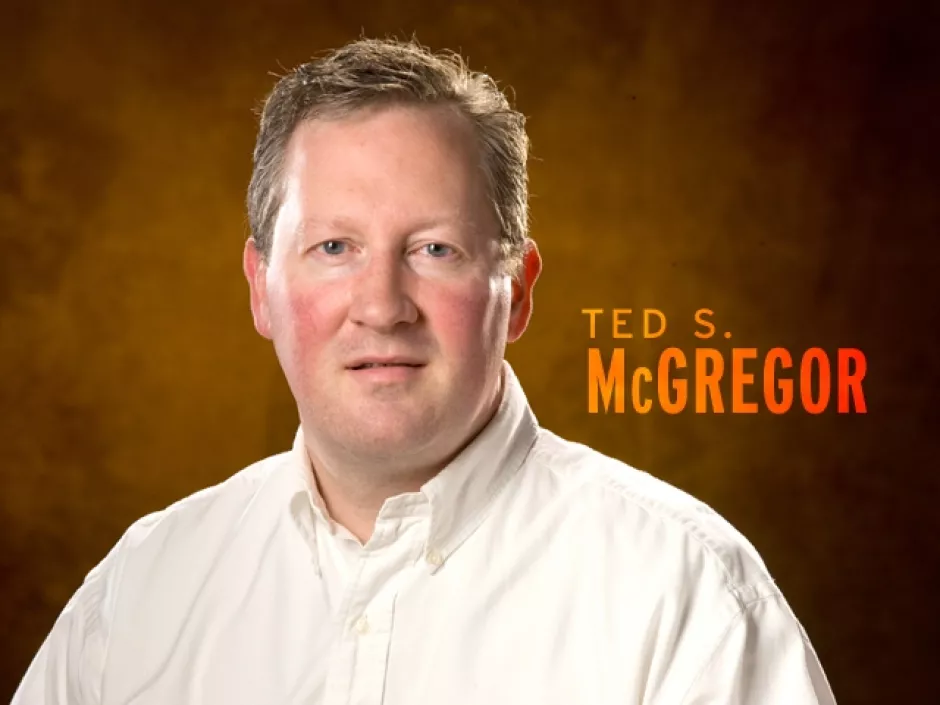What’s a young, idealistic American to do when his or her country seems to be slipping away? Join a protest movement, of course. In Richard Nixon’s time, it was to end the war in Vietnam; today it’s Occupy Wall Street to save Main Street. Both have been powered by a pesky unwillingness to sit quietly by while elected leaders sell them out.
Eight years after losing to JFK, Nixon’s political comeback was built on a promise to unite a divided nation. Then he became the most divisive president America had ever elected. Ironically, it was the anti-war movement that put him in office.
America was awash in scary news in 1968; the hippie idyll was fading fast. When the Chicago police beat the tar out of protestors and journalists outside the Democratic National Convention, 60 percent of America agreed — with the cops. As Rick Perlstein puts it in his history, Nixonland, Nixon realized that “the future belonged to the politicians who could tap … the nameless dread, the urge to make it all go away, to make the world placid again.”
Nixon ran a powerful TV ad just before Election Day, called “Convention,” with images of mad-dog protestors in Chicago, American cities on fire and U.S. soldiers taking cover in Southeast Asia. Nixon was putting his law-and-order boot on the movement’s scruffy little neck. The election was a landslide.
There have been Nixonian flourishes in every presidential election since, and you can bet advisers to Mitt Romney are waiting for a “What-Would-Nixon-Do?” moment. If the Occupy movement overreaches or turns violent, they would love to make the election about the lawlessness of OWS rather than the nonexistent record of the Republican Party.
But they better study their history carefully. Righteous movements don’t die; in 1972, Nixon had to embrace the anti-war message. That (and some dirty tricks) won him another landslide.
Occupy Wall Street is correct in its core critique: America has an economic justice problem. The winner in 2012 may be the one who empathizes with and harnesses that mood rather than prodding at its raw nerve endings. But that can only happen if enough voters have built up a resistance to Nixonian politics. As Edmund Muskie, a Nixon foe, told voters in a 1970 national address: “If they make you afraid enough … you can be tricked into voting against yourself.”
In the long run, the Nixon playbook is perfect for inheriting the wind, as he did when he was forced to resign 20 months into his second term. But it has proven effective in the short-term, so be ready. It’s coming.
























